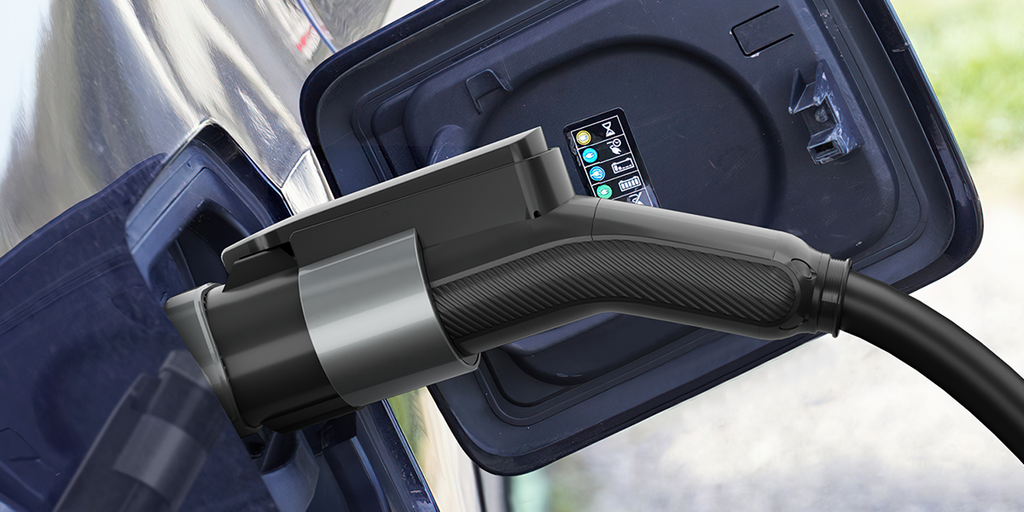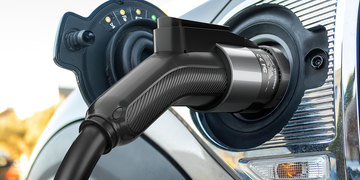Is it worth getting a Level 2 charger? Whether you're a longtime electric vehicle owner or you're still waiting for your first EV to leave the factory floor, you should consider investing in a Level 2 charger for your home. Most modern EVs ship with a Level 1 charger—these tend to be small, portable, and slow-charging, thanks to their 120-volt output
As EV ownership continues to surge globally, prospective buyers often find themselves faced with the decision of whether to invest in a Level 2 charger for their homes or stick to conventional Level 1 charging options. This raises the pertinent question: Is it worth getting a Level 2 charger?
Understanding the Basics:
Before delving into the merits of Level 2 chargers, it's crucial to understand the distinctions between charging levels. Level 1 charging involves plugging your EV into a standard household outlet (120 volts in the U.S.), while Level 2 charging utilizes a dedicated charging station that operates at 240 volts. The key disparity lies in the charging speed: Level 2 chargers typically deliver power at a faster rate, significantly reducing charging times compared to Level 1.
The Need for Speed:
One of the primary advantages of Level 2 chargers is their ability to replenish an EV's battery more swiftly than Level 1 alternatives. For individuals with busy schedules or long commutes, the time saved can be invaluable. Level 2 chargers can provide up to 25 miles of range per hour of charging, a significant improvement over the 3-5 miles per hour offered by Level 1 chargers.

Convenience and Flexibility:
Beyond speed, Level 2 chargers offer greater convenience and flexibility. With a dedicated charging station installed at home, EV owners can bid farewell to the hassle of searching for public charging stations or contending with queues during peak hours. Moreover, many Level 2 chargers are equipped with smart features, allowing users to monitor charging progress remotely via smartphone apps and schedule charging sessions to coincide with off-peak electricity rates, optimizing cost efficiency.
Cost Considerations:
While the benefits of Level 2 chargers are undeniable, cost remains a significant factor for prospective buyers. The initial investment includes the cost of purchasing the charging station itself, along with installation expenses, which may vary depending on factors such as electrical infrastructure and labor costs. However, it's essential to view this expenditure through a long-term lens. Over time, the time saved and enhanced convenience offered by Level 2 chargers can offset the upfront costs, making them a worthwhile investment for many EV owners.
Accessibility and Public Infrastructure:
While Level 2 chargers are primarily associated with residential use, they also play a crucial role in bolstering public charging infrastructure. Many workplaces, shopping centers, and municipal parking facilities are equipped with Level 2 charging stations, providing EV owners with additional charging options while on the go. As the electrification of transportation continues to gain momentum, the proliferation of Level 2 chargers in public spaces is expected to increase, further enhancing the appeal of electric vehicles.
In conclusion, the decision to invest in a Level 2 charger hinges on various factors, including individual preferences, lifestyle, and budgetary considerations. While Level 1 charging suffices for some users, those seeking faster charging speeds, enhanced convenience, and greater flexibility may find Level 2 chargers to be a compelling proposition. As the EV landscape continues to evolve and charging infrastructure matures, Level 2 chargers are poised to play an increasingly pivotal role in facilitating the widespread adoption of electric vehicles, driving us toward a greener, more sustainable future.




